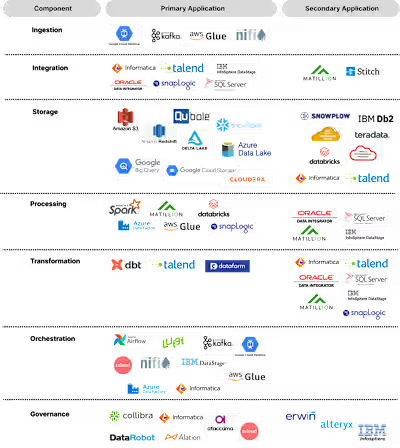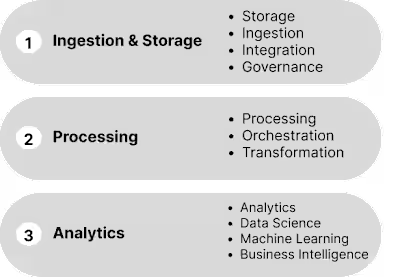AI: Transforming Industries, Shaping the Future
Artificial Intelligence (AI) is a groundbreaking technology that is transforming the way we live, work, and interact with the world around us. It refers to the development of intelligent machines that can perform tasks that typically require human intelligence. AI is rapidly advancing and has the potential to revolutionize various industries, from healthcare to transportation.
AI systems are trained using vast amounts of data and sophisticated algorithms, enabling them to learn, reason, and make decisions. These systems have demonstrated remarkable capabilities in speech recognition, image classification, and natural language processing. With AI, we can now diagnose diseases more accurately, navigate self-driving cars, automate financial transactions, and personalize entertainment experiences.
As AI continues to evolve, it raises important considerations and challenges. The impact on jobs and the workforce is a topic of concern, as AI has the potential to automate certain tasks while creating new opportunities that require specialized skills. Ethical considerations, such as fairness, transparency, and algorithmic bias, are crucial to ensure responsible AI development and deployment.
In this article, we will explore the basics of AI, its wide-ranging applications, the impact on jobs and the workforce, and the ethical considerations associated with its advancement. By understanding AI's potential and addressing its challenges, we can navigate this transformative technology and harness its benefits for a better future.
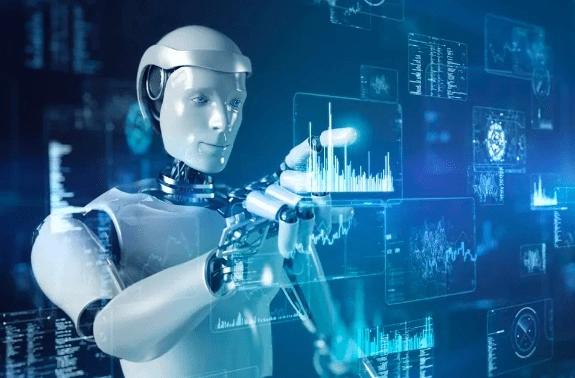
What is Artificial Intelligence?
Artificial Intelligence (AI) is a field of computer science that encompasses the development of intelligent machines capable of imitating human intelligence. These machines are designed to learn from data, reason through complex problems, and make informed decisions. AI systems leverage large datasets and advanced algorithms to perform a wide range of tasks that were traditionally exclusive to humans.
Through AI, machines can now understand and interpret human speech, classify and analyze images with impressive accuracy, and comprehend and generate human-like text. This technology has transformed industries such as healthcare, transportation, finance, and entertainment by automating processes, enhancing efficiency, and providing valuable insights.
The core concept of AI revolves around the ability to process and analyze vast amounts of data to extract meaningful patterns and make predictions or decisions based on that information. Machine learning algorithms play a crucial role in training AI systems by enabling them to improve their performance and adapt to new situations over time.
AI encompasses various subfields, including natural language processing, computer vision, machine learning, and robotics, each contributing to the development of intelligent systems that can perceive, reason, and interact with the world.
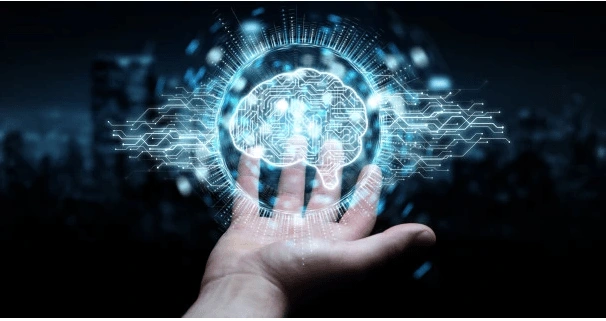
Applications of Artificial Intelligence
AI is already being used in various industries, bringing significant improvements and advancements. Some notable applications include:
1. Healthcare: Artificial Intelligence is revolutionizing healthcare by assisting in the diagnosis and treatment of diseases. AI-powered systems can analyze medical images, such as X-rays and MRIs, with high accuracy, aiding radiologists in detecting abnormalities and providing timely diagnoses. Additionally, AI algorithms can process large volumes of patient data to identify patterns and predict disease progression, enabling personalized treatment plans and better patient outcomes.
2. Transportation: AI plays a crucial role in the development of autonomous vehicles. Self-driving cars use AI algorithms to perceive their surroundings, make real-time decisions, and navigate safely on the roads. By leveraging sensors, cameras, and advanced algorithms, AI enables vehicles to detect objects, interpret traffic conditions, and respond accordingly, reducing the risk of accidents and improving overall transportation efficiency.
3. Finance: The financial industry benefits greatly from AI applications. AI-powered algorithms can analyze vast amounts of financial data, identify trends, and make predictions for investment purposes. Automated trading systems utilize AI to execute trades based on market conditions and predefined strategies. AI also enhances fraud detection by identifying suspicious patterns and anomalies in financial transactions, reducing the risk of fraudulent activities.
4. Customer Service: AI-powered chatbots and virtual assistants are transforming customer service experiences. These intelligent systems can understand and respond to customer inquiries in real-time, providing personalized assistance and resolving issues efficiently. By utilizing natural language processing and machine learning techniques, AI-powered customer service agents can handle a high volume of inquiries, improve response times, and enhance overall customer satisfaction.
5. Entertainment: AI is revolutionizing the entertainment industry by powering recommendation systems on streaming platforms. By analyzing user preferences, viewing history, and behavior patterns, AI algorithms can suggest personalized content to users, enhancing their viewing experience. Additionally, AI is used in content creation, such as generating personalized music playlists, recommending movies or shows based on individual preferences, and even creating computer-generated art and virtual characters.
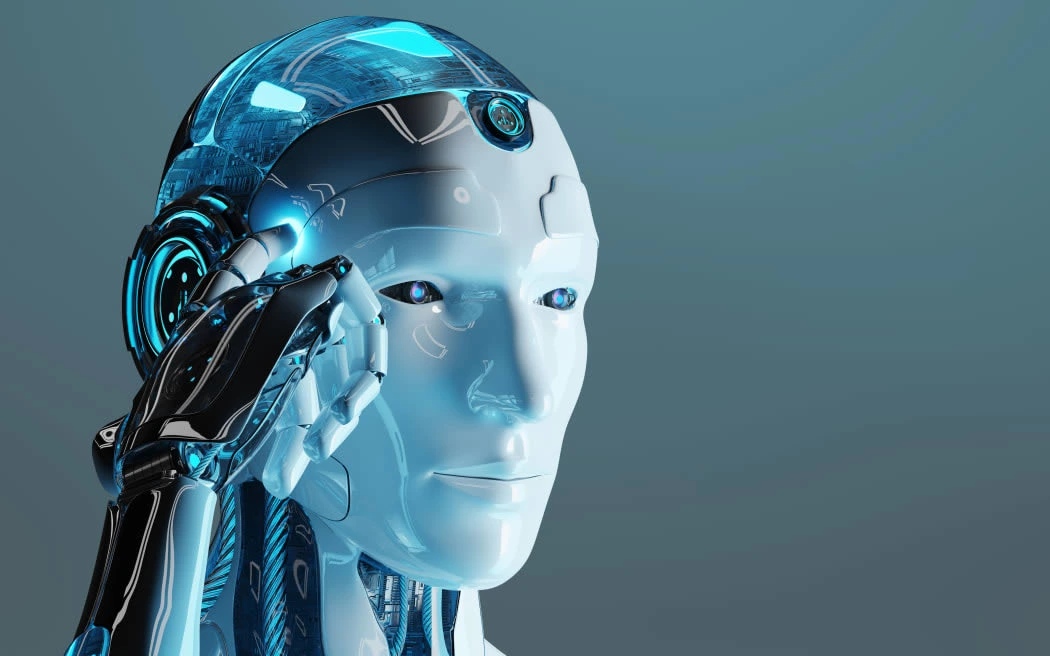
Conclusion
In conclusion, Artificial Intelligence stands as a transformative force that holds immense potential for revolutionizing numerous facets of our lives. Its applications in healthcare, transportation, finance, and entertainment offer exciting opportunities for advancements and improvements. By leveraging AI technologies, we can enhance medical diagnoses, improve road safety, optimize financial operations, and deliver personalized entertainment experiences.
However, as with any powerful technology, there are important considerations to address. The potential impact on jobs and the workforce necessitates proactive efforts to reskill and adapt to the changing landscape. Ethical considerations surrounding AI, including fairness, transparency, and accountability, must be prioritized to ensure responsible development and deployment.
By embracing the potential of AI while addressing concerns and ethical considerations, we can harness its power for the betterment of society. It is crucial to foster collaboration between researchers, policymakers, and industry experts to shape AI development in a way that maximizes its benefits and mitigates potential risks. Through responsible and beneficial AI implementations, we can truly unlock the transformative potential of this groundbreaking technology.
Like this project
Posted Jun 11, 2023
Explore the basics, applications, job impact, and ethical considerations of Artificial Intelligence (AI) as it revolutionizes industries and our daily lives.
Likes
0
Views
35
Clients

Contra







